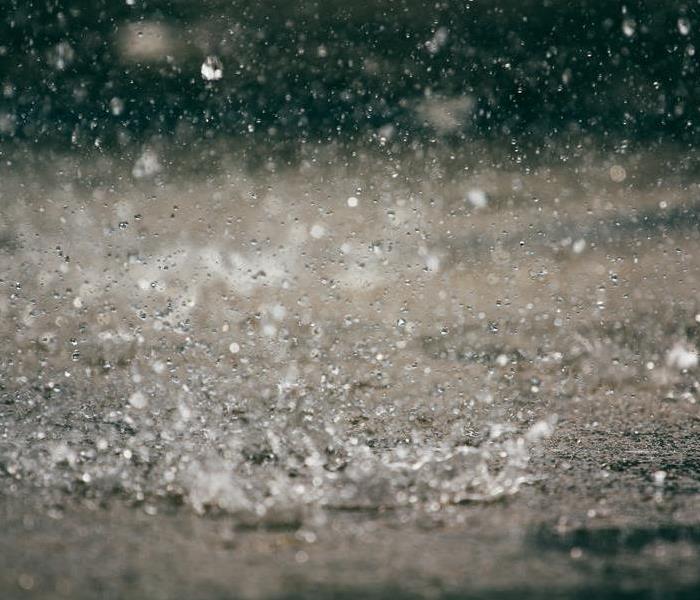Flood Preparedness - Prevention and Recovery
9/12/2023 (Permalink)
The Pacific Northwest is known for its abundant rainfall, which can lead to flooding in certain areas. Flooding can cause extensive damage to homes and properties, disrupt daily life, and pose risks to personal safety. Being prepared for floods and knowing how to prevent and recover from them is crucial. In this blog post, we will explore flood preparedness strategies, including prevention and recovery, specific to the Northwest region.
Know Your Risk
The first step in flood preparedness is understanding the flood risks in your area. Check flood maps and consult with local authorities to determine if your property is located in a flood-prone zone. This information will help you assess the steps you need to take to protect your property adequately.
Standard homeowners' insurance policies typically do not cover flood damage. It is essential to purchase separate flood insurance to ensure that you are financially protected in the event of a flood. Contact your insurance provider to discuss your options and obtain the necessary coverage.
Protect Your Property
- There are several measures you can take to protect your property from flood damage:
- Elevate Electrical Systems: Raise electrical switches, sockets, circuit breakers, and wiring at least one foot above the projected flood level to prevent electrical damage and potential fires.
- Install Sump Pumps: Sump pumps can help remove water from your basement or lower level, reducing the risk of water damage.
- Seal Foundation Cracks: Inspect your foundation for any cracks and seal them to prevent water seepage.
- Clear Gutters and Downspouts: Regularly clean and maintain your gutters and downspouts to ensure proper water flow and prevent overflow that could cause water to enter your home.
- Install Backflow Valves: Consider installing backflow valves in plumbing lines to prevent sewage backup into your home during flooding.
Create an Emergency Kit
In the event of a flood, it is important to have an emergency kit readily available. Your kit should include essential items such as:
- Non-perishable food and bottled water
- Prescription medications
- Flashlights and extra batteries
- First aid supplies
- Important documents (insurance policies, identification, etc.) stored in a waterproof container
- Extra clothing and blankets
Develop an Evacuation Plan
Have a clear evacuation plan in place in case you need to leave your home during a flood. Identify evacuation routes, establish a meeting point for family members, and ensure everyone knows the plan. Stay tuned to local news and emergency alerts for the latest updates during a flood event.
Mitigate Flood Damage
If your property is impacted by flooding, it is important to take immediate action to mitigate damage:
- Turn off electrical power at the main breaker if it is safe to do so. Do not touch electrical equipment if you are standing in water.
- Remove water and dry out affected areas as soon as possible. Use pumps, wet vacuums, and dehumidifiers.
- Dispose of any items that cannot be properly cleaned or dried, as they may become breeding grounds for mold and bacteria.
- Consult with professionals for water damage restoration to ensure thorough cleanup and prevent future issues.
- Stay informed about flood alerts, weather conditions, and emergency instructions. Follow local news and official sources for updates. Consider signing up for emergency alerts through your local government or emergency management agency.
By being prepared and taking preventive measures, you can minimize the impact of floods on your property. In the event of a flood, take immediate action to mitigate damage and consult with professionals for proper cleanup. By being proactive, you can protect your property and ensure the safety of yourself and your loved ones during flood events in the Northwest.





 24/7 Emergency Service
24/7 Emergency Service
